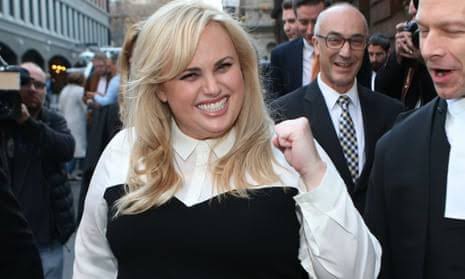In June 2020, the tragic death of Bollywood star Sushant Singh Rajput sent shockwaves across India, leading to a relentless media onslaught that targeted his girlfriend, Rhea Chakraborty. Criticized as a "gold digger" and accused of driving him to suicide, Chakraborty endured both public humiliation and legal troubles. Recently, however, the Central Bureau of Investigation (CBI) announced that Rajput's death was a result of suicide and that Chakraborty had no part in it. Senior lawyer Satish Maneshinde, who advocated for Chakraborty, stated that the CBI conducted a thorough investigation and proposed to close the case.
Chakraborty faced severe societal backlash and a media trial that painted her as a villain in a highly publicized tragedy. Even as she went through a tumultuous phase, spending 27 days in prison before her release, the allegations shrank her opportunities in the film industry. In a candid reflection, Chakraborty expressed how the media frenzy affected her mental health and personal relationships.
While she is beginning to reclaim her life—launching a clothing line and a podcast—Chakraborty's fight for justice continues. Calls for apologies from media outlets that fueled the vitriol against her have emerged, as more people join the conversation about the consequences of media sensationalism and the need for accountability.
Some Bollywood celebrities have voiced their support for Chakraborty, criticizing the media behavior that led to her vilification. The issue has even been raised in Indian Parliament, where journalist-turned-MP Sagarika Ghosh questioned how the media's actions had impacted the actress's life.
With the public narrative shifting, the focus now leans toward the ethical responsibility of the media and the need for reform in how sensitive cases are reported. As Rhea Chakraborty looks to the future, her story serves as a cautionary tale about the dangers of judgment in the face of tragedy.
Chakraborty faced severe societal backlash and a media trial that painted her as a villain in a highly publicized tragedy. Even as she went through a tumultuous phase, spending 27 days in prison before her release, the allegations shrank her opportunities in the film industry. In a candid reflection, Chakraborty expressed how the media frenzy affected her mental health and personal relationships.
While she is beginning to reclaim her life—launching a clothing line and a podcast—Chakraborty's fight for justice continues. Calls for apologies from media outlets that fueled the vitriol against her have emerged, as more people join the conversation about the consequences of media sensationalism and the need for accountability.
Some Bollywood celebrities have voiced their support for Chakraborty, criticizing the media behavior that led to her vilification. The issue has even been raised in Indian Parliament, where journalist-turned-MP Sagarika Ghosh questioned how the media's actions had impacted the actress's life.
With the public narrative shifting, the focus now leans toward the ethical responsibility of the media and the need for reform in how sensitive cases are reported. As Rhea Chakraborty looks to the future, her story serves as a cautionary tale about the dangers of judgment in the face of tragedy.




















